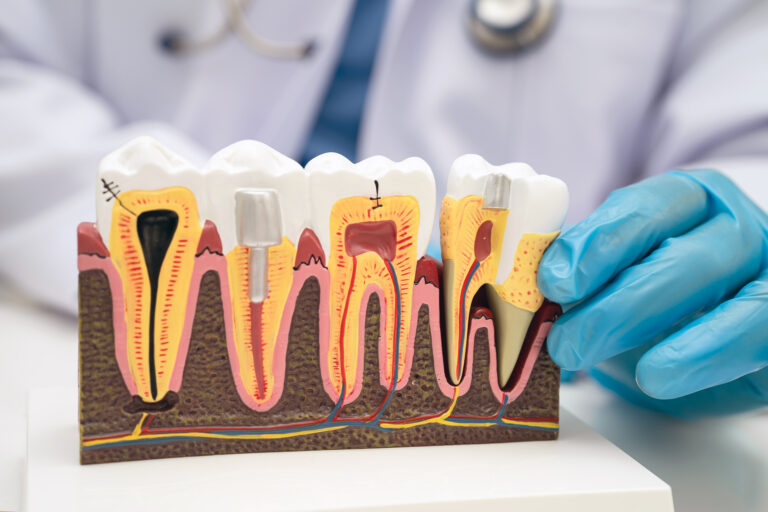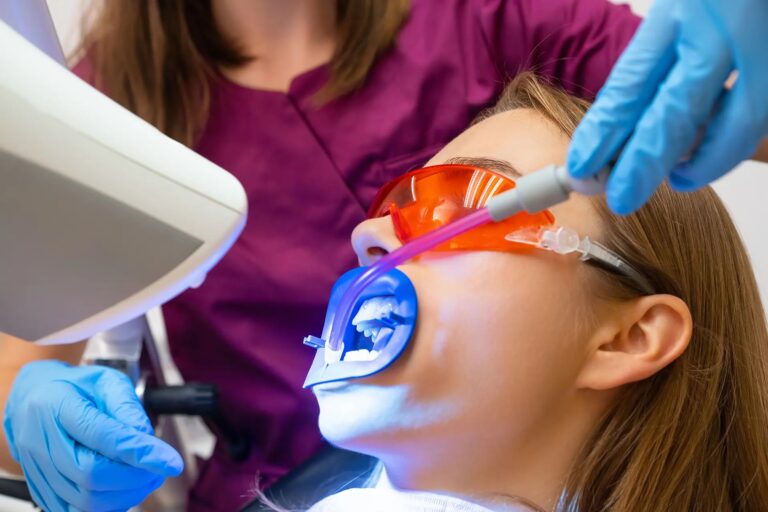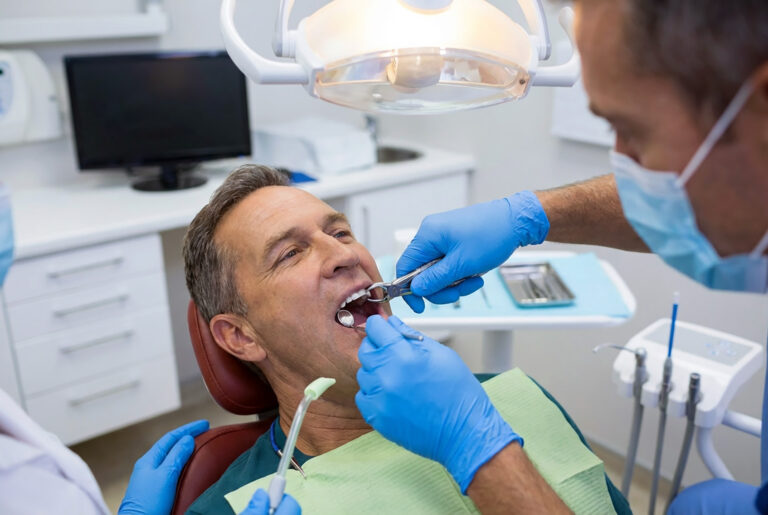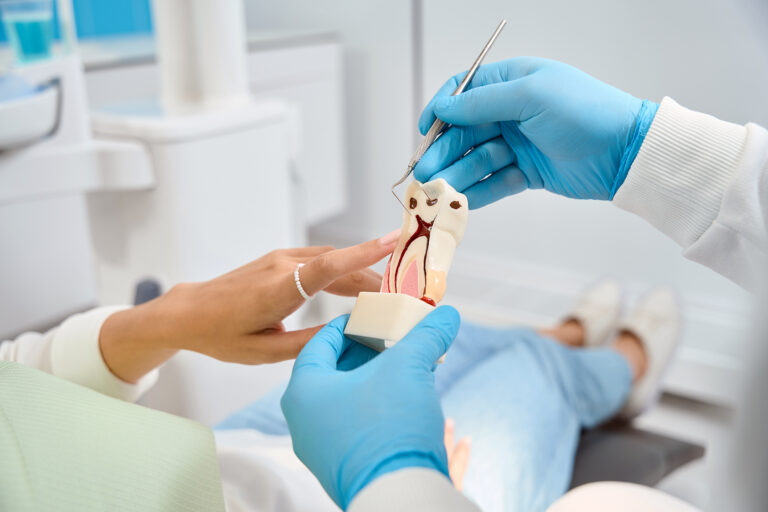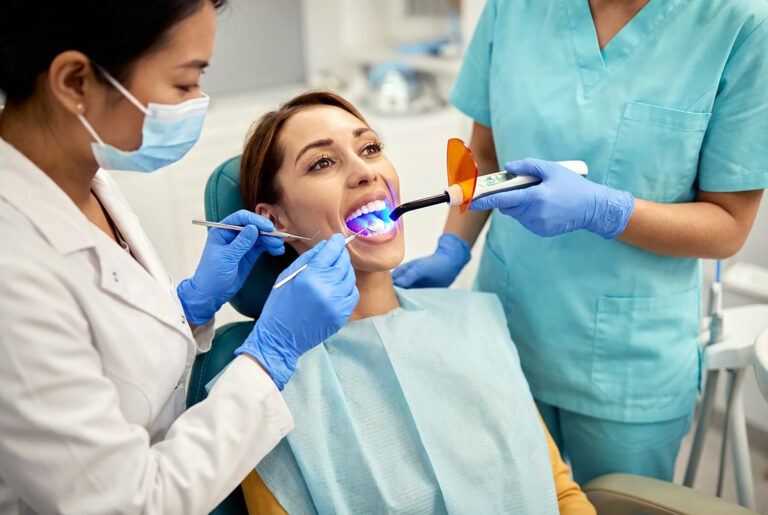Teeth grinding in children, also known as bruxism, is very common. Even though most children outgrow grinding or clenching their teeth in their sleep, about 3 in 10 children grind their teeth while sleeping. Can teeth grinding and bruxism in children be prevented or avoided?
Our dentists at TEETH @ Tiong Bahru can help with sleep bruxism in children by identifying and treating the condition to avoid more severe consequences, including tooth fractures, root canal treatments, and, in the worst cases, tooth loss.
Why Do Kids Grind Their Teeth at Night?
Teeth grinding is frequent in children, especially when they are sleeping or anxious. But why do children grind their teeth while sleeping?
“Most children stop grinding when permanent ones replace their baby teeth”, says Dr. Sherina Daryanani, our principal dental surgeon at TEETH @ Tiong Bahru. She continues, “While your toddler has several more years with baby teeth, rest assured, knowing that your child will likely grow out of the habit”.
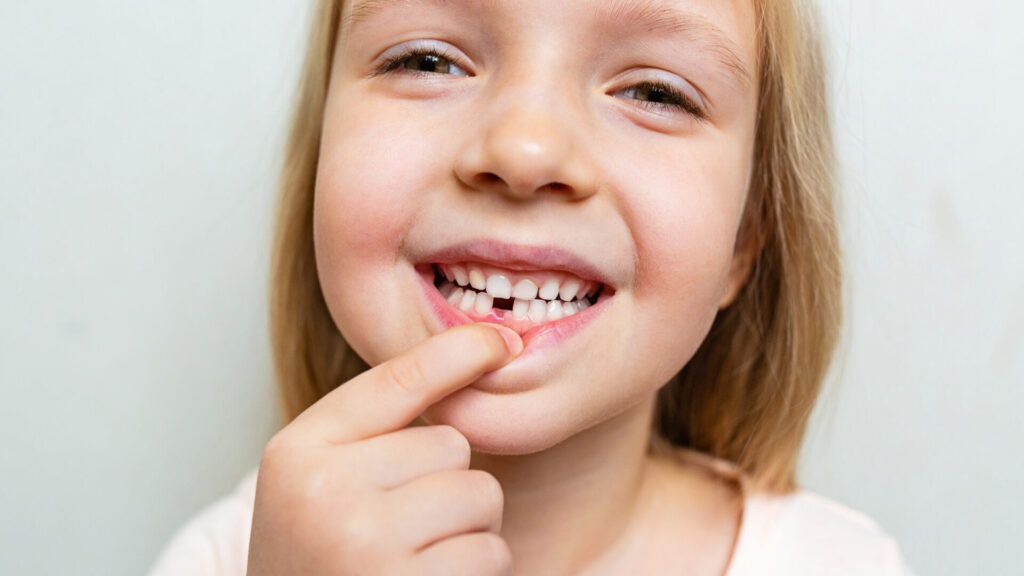
It’s unclear why kids grind their teeth at night. It might be caused by misplaced teeth or a faulty bite. This can be temporary due to teeth falling out and growing back in, and it may necessitate orthodontist intervention. Some children do it in response to pain, such as an earache or from stressful teeth clenching during the day. We’ll discuss kids’ teeth grinding, sleep bruxism, and tooth surface loss in children.
Diagnosing Bruxism: How to Tell if Your Child is Grinding their Teeth
If you hear clicking or squeaking when checking in on your child at night, they are grinding their teeth. Teeth grinding can occasionally result in earaches, jaw pain, or a dull headache in the morning. If your child is old enough to express pain verbally or otherwise, you should discuss it with their dentist at their next appointment.
TEETH @ Tiong Bahru is a Singapore-based dental clinic that specialises in diagnosing and treating teeth grinding in children. Our clinic has successfully treated patients who have suffered from bruxism of all ages. If your child snores or breathes through their mouth at sleep, they’re more likely to grind their teeth. Children with larger tonsils are also more prone to experience bruxism later in life.
Antidepressants and medications used to treat hyperactivity in children also increase risk factors for bruxism. Cerebral palsy, epilepsy, and Down Syndrome are also conditions that enhance your child’s chances of grinding their teeth. As bruxism in children is a genetic condition, if you or others in your family have a history of grinding their teeth at night, your child is more likely to do so.
Teeth Grinding in Babies
As babies begin teething, they may start grinding their baby teeth. Unaware of how to deal with the pains of teething, they may grind and develop sleep bruxism. It is not uncommon for them to do this either awake or asleep. Many parents become alarmed as they hear their babies grinding their teeth and worry it is causing irreparable harm.
However, most babies overcome sleep bruxism over time. It is a natural consequence of growth and is very unlikely to cause severe complications.
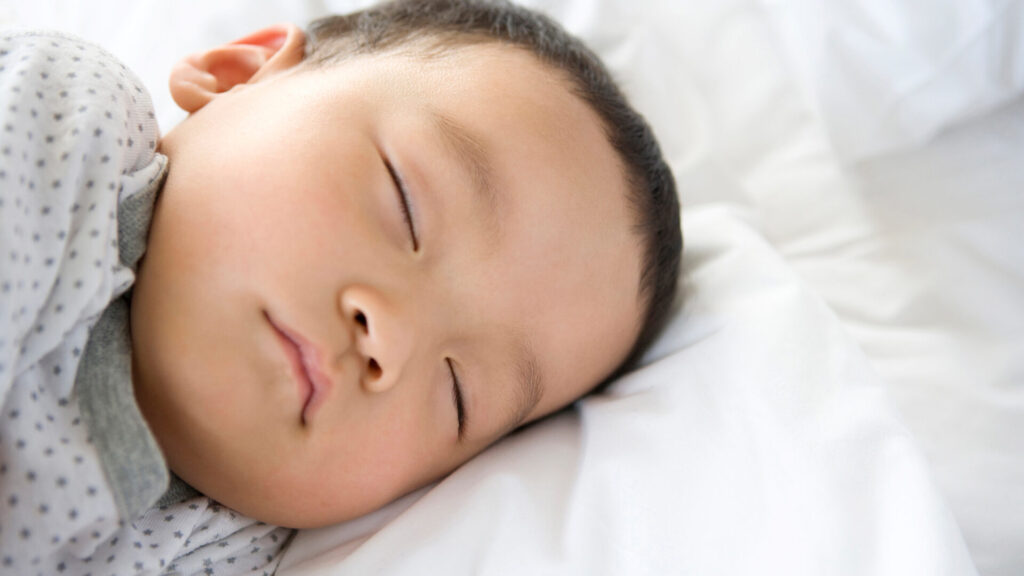
But as mentioned, most children grow out of it, as the teeth they grind are their baby teeth and are by nature impermanent. If you are very concerned or it appears your child is experiencing pain in their teeth or jaw, you may want to bring them to a dentist to see if your baby’s teeth grinding has worn down the enamel or their teeth are at risk of breaking, flattening, or decay.
What to Do When Toddlers Grind Their Teeth?
Toddlers, like babies, may grind their teeth simply because of the new feeling in their mouths. It could also be due to a misalignment of the new teeth or trying to relieve pain. There is also a chance it results from stress, as children develop the habit unconsciously.
In most situations, tooth grinding is not harmful to your child. It is usually a habit children outgrow as their teeth settle in. But in some cases, the wear and tear can erode the teeth and potentially lead to broken or cracked teeth.
If you are concerned, it is better to bring your child to a dentist so they can inspect the situation properly. It can be hard to know when to do so because your child may not be communicative about their discomfort. Understandably, you may want to veer on the side of caution to make sure your child’s sleep bruxism is manageable.
Bruxism in Child Treatments
Childhood bruxism frequently resolves without producing problems. Teeth grinding in children, like many other involuntary behaviours in youngsters, is commonly outgrown. In this case, since their teeth, as children, are by nature impermanent, it is unlikely that sleep bruxism in children will have long-term effects. However, if they’re grinding or clenching their teeth excessively and it’s hurting their sleep, you should speak with their dentist to see if there are any alternative treatments for bruxism in a child.
Bruxism could indicate a nocturnal airway blockage. Tooth grinding may be caused by sleep apnea and other causes of airway obstruction, including asthma or big tonsils. Testing to treat bruxism may be recommended if your child’s dentist detects any of these problems. This will safeguard your child’s teeth and health and ensure that they get adequate restful sleep at night, which is critical for their development at this age.
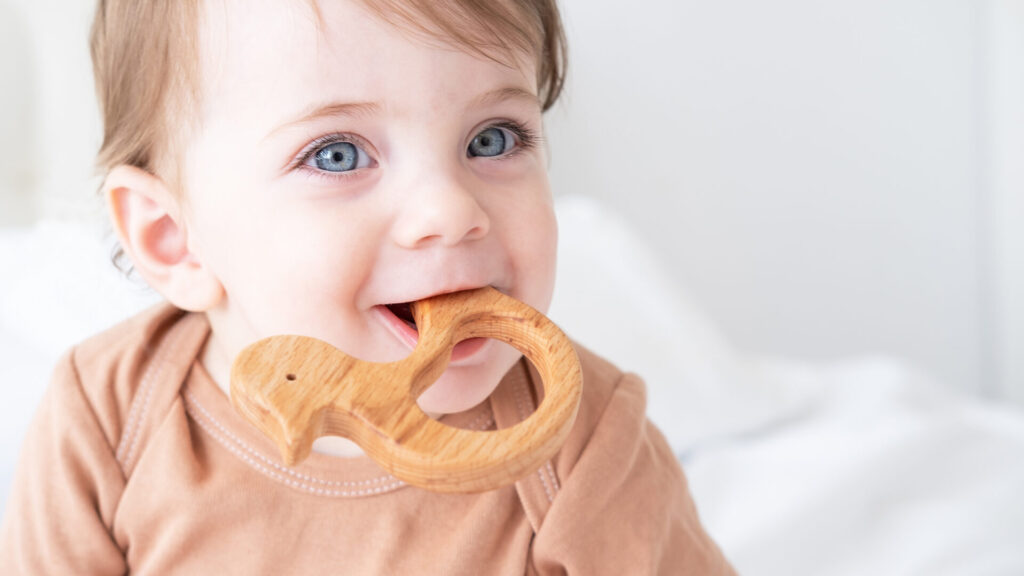
Most of the time, youngsters grow out of their bruxism without any issues. However, here are some tips to help with your child’s teeth grinding at night:
- Teethers Try offering your child a teething toy to gnaw on if you notice the grinding of teeth.
- Night guards Night mouth guards create a physical obstruction that protects your child’s teeth from grinding in the night. Your dentist can also provide a splint that may help realign the jaw if your child is grinding their teeth due to misalignment. These are temporary safeguards while your child begins to outgrow their sleep bruxism, but they will not entirely remove it, and symptoms could return if the night guard or splint is not used.
- Stress Relief Some children develop sleep bruxism as a response to stress. If your child can speak, you can ask them about what may be causing them distress, such as adjusting after a big move or difficulty in school. In some cases, reaching out to a mental health professional may be worthwhile for additional support.
- Sleep Hygiene and Bedtime Routine Just as sleep bruxism in kids can arise from stress in the daytime. It can also be caused by poor sleep quality. You can help improve their sleep quality by ensuring their room is dark and quiet at night and by going through a screen-free pre-sleep routine, to ease them into sleep. A stress-reducing sleep routine with story-time, cuddles, and even white noise may prove effective. Diet can also affect sleep quality, so maintaining good nutrition is vital.
- Relax Face Muscles Sleep bruxism is occasionally a response to tightness in the face or jaw muscles. Actively working on facial muscle relaxation during the day can, at times, reduce your kid’s grinding teeth in sleep. Your dentist can provide you with exercises to stretch the face and how to apply pressure through massage to ease stiffness and relieve tension. Other external methods include using a cold or hot compress and avoiding hard foods or snacks that necessitate constant chewing, like gum.
- Hydration Some studies have connected bruxism in children to dehydration. Help your child hydrate more frequently by drinking plenty of water and inculcating a good habit of regularly drinking water.
Bruxism treatment in kids is usually unnecessary unless the habit is causing harm or is accompanied by more serious potential dangers. It’s tough to tell if teeth grinding is a significant problem because damage to the teeth may be from current grinding or a habit they have outgrown. Regardless of the situation, our dentists will know the best course of action to follow.
Talk to your dentist if your child continues to grind their teeth at night while wearing a nightguard. TEETH @ Tiong Bahru can help you determine if you have any underlying health problems that need to be addressed and, if so, what treatment options you have.


